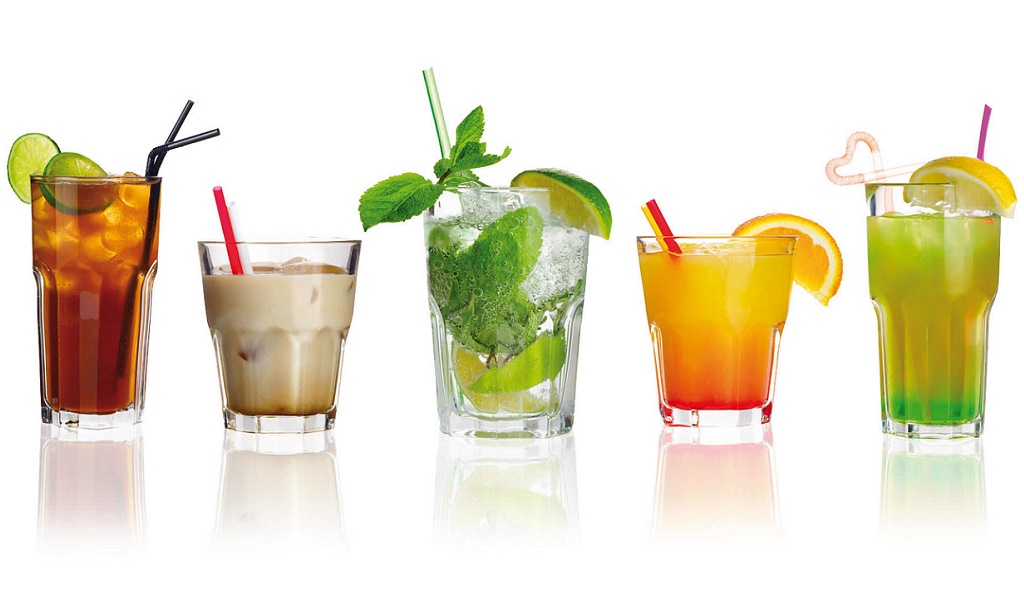It is not a lie if I tell you that a common question among all my client’s first consultation is: what about alcohol consumption? If I want to lose weight, can I have both? And my answer is always the same:
Even alcohol being a legal substance when drinking responsibly, it is actually like a drug. If engaged in a meal plan or weight loss program, most people can drink alcohol and spirits in moderation; however, under some circumstances such as when receiving medication or having metabolic problems, restrict would apply for their consumption.
The thing with alcohol is that it can decrease glucose levels in blood causing extreme hypoglycemia, especially in people with Diabetes using insulin. Alcohol consumption can also cause a rapid rise in alcohol oxidation until all alcohol is cleared from the body. Therefore, alcohol is used preferentially as an energy source over other substrates and can suppress the oxidation of fat and, to a lesser degree, of protein and carbohydrate.
It is really important to understand that alcohol is not converted to triglycerides and stored as adipose tissue, nor can contribute to the formation of muscle or liver glycogen. It may, however, indirectly divert dietary fat to storage by providing an alternative and preferred energy source for the body. And here is where we need to keep in mind our goals: Do I want to drink a lot as I am used to, or do I prefer to control my intake and achieve the weight loss goal I have in mind?
Alcohol has an energy density of about 29 kJ/g (7 Kcal/g) and thus can contribute significantly to total daily energy intake. Therefore, individuals who consume alcohol must reduce their consumption of energy from other dietary components in order to maintain energy balance. But this is not how things should be done!
If you want to lose weight, you have to consider that all calories that alcohol provides are “empty calories”. This means that they don’t give to you any nutrient. In addition, alcohol increases appetite, preferable for greasy junk food. It just keeps summing up, right?
Alcohol consumption with equivalents: it does help to keep everything on track!
If you decide to work towards your weight loss targets we mentioned earlier, it is appropriate not to drink more than two “alcohol equivalents” per day. One “alcohol equivalent” is the same as:
| EXAMPLE |
QUANTITY(ml) |
kJ | Kcal |
PROT(g) |
CHO(g) |
FAT (g) |
| Light beer (4.2%) | 360 | 414 | 99 | 0,7 | 4,6 | – |
| Regular beer (4.9%) | 356 | 640 | 153 | 1,6 | 12,6 | – |
| Rum | 42 | 401 | 96 | – | – | – |
| Vodka (40%) | 42 | 405 | 97 | – | – | – |
| Whiskey (42,2%) | 42 | 514 | 123 | – | – | – |
| Sake | 29 | 163 | 39 | 0,1 | 1,5 | – |
| Red wine | 148 | 443 | 106 | 0,3 | 2,5 | – |
| White wine | 148 | 418 | 100 | 0,1 | 1,2 | – |
*American Diabetes Association (ADA, 2007)
This list includes only beer, wine and spirits. Imagine if you are considering to have some cocktails or a long Island Iced tea! They are charged with glucose, juices, caramel and other sugary concentrates.
You already have the tools and the knowledge to make effective and intelligent choices. Now you just need to make the appropriate decisions according to your life priorities.
Lilia has a Bachelor degree in Nutrition and Dietetics and a Post Graduate Diploma in Sports Nutrition; passionate about Sports Nutrition, performance enhancement, exercise science and weight management. Lilia always works toward the fulfilment of her client goals, prioritizing their health over nutrition trends.


What a nice article, I’ve always had the same question and now all is crystal clear.
Thank you for sharing this!! The alcohol and nutrition is defenitvely a ThIng!